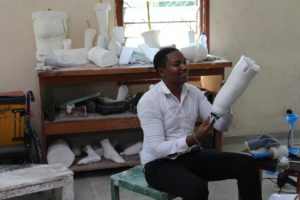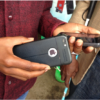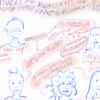 My work around assistive technology in the Global South is primarily linked to the AT2030 programme led by the Global Disability Innovation Hub and funded by the UK Foreign and Commonwealth Development office.
My work around assistive technology in the Global South is primarily linked to the AT2030 programme led by the Global Disability Innovation Hub and funded by the UK Foreign and Commonwealth Development office.
My research in this areas has been really diverse and I had the opportunity to collaborate with many different partners from NGOs such as Motivation UK, to other academic institutions such as the University of Nairobi, or innovative start-ups like Amparo.
Over 80% of all people with disabilities in the world actually live in the Global South, and almost 9 out of 10 do not have access to the assistive technology that they need. My interest is to explore new ways to make assistive technology more accessible to the people who need them. I am also interested in finding ways to reduce stigma around disability and assistive technology use, taking into account the contextual differences that shape the experiences of disability and technology access. For example, some of our research has shown that while material resources and digital literacy might be scarce amongst people with disabilities in Kenya, social bonds are generally stronger, meaning that people are better able to leverage the power of their communities.
Below you can find a quick summary of publications from my research on AT in the Global South and you can contact me if you like to know more.




